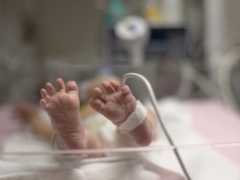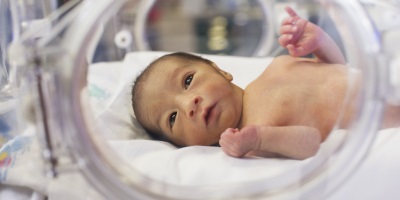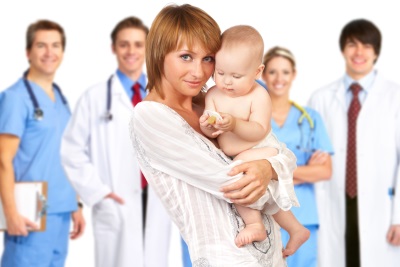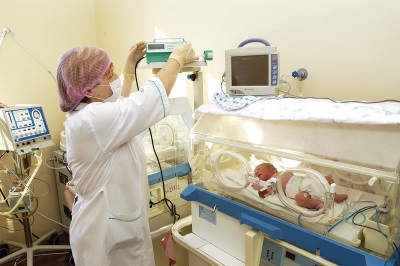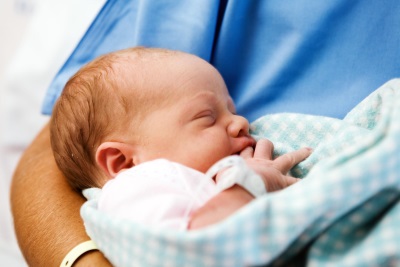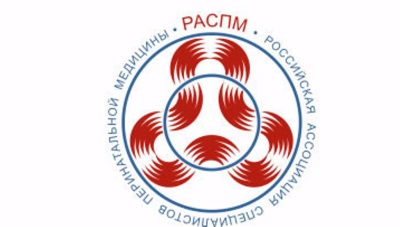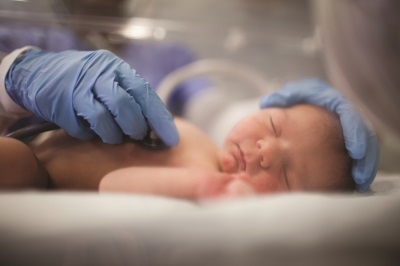Help for premature babies in Russia
The problem of premature birth of children is acute for the whole world. Doctors try to understand the reasons why gestation is interrupted prematurely in order to reduce the number of cases of prematurity. In Russia, these issues are resolved by the Perinatology Association. Its full name is the Russian Association of Perinatal Medicine Professionals, and the abbreviation is RASPM.
How to prevent preterm birth in Russia?
In our country there is a 3-tier system for helping expectant mothers:
- Level 1 - obstetric points located in the districts;
- Level 2 - maternity hospitals, as well as the regional or district hospital, which has a maternity ward;
- Level 3 - perinatal centers.
For the full operation of this system, pregnant women should know how to use it. For example, if the expectant mother lives in a remote area, she should apply to an obstetrician-gynecologist in case of increased pressure, the appearance of edema and other problems with gestation, in order to make the necessary examinations and to prevent preterm birth.
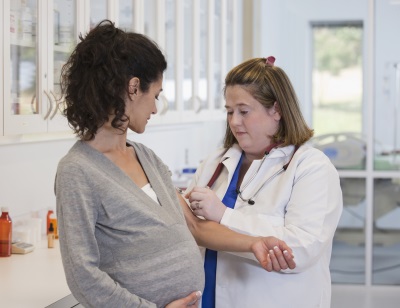
If the doctor finds serious abnormalities during the pregnancy, the woman will be referred to a level 2 or 3 institution. There, they will conduct additional research using the techniques used by modern perinatology, starting with ultrasound and ending with complex genetic tests.
If gross defects are detected, a perinatal consultation is collected at which they discuss the feasibility of gestation and methods of pregnancy prolongation. In some cases, a pregnant woman is observed for a long time in order to determine the date of birth and the tactics of their management.
How to save premature in Russia?
To assist infants born earlier than expected, a whole system has been developed, including the transport of babies by special transport and child care in the intensive care units in children's hospitals.
For the transportation of premature babies, reanimobiles are used, as well as helicopters and airplanes, in which there are incubators with a certain temperature, humidity and other conditions that are important for premature babies. In such vehicles it is possible to provide emergency assistance to the baby. To do this, they have devices for mechanical ventilation and oxygen supply.
When a baby enters a hospital, he continues to create optimal conditions. Indoors, they maintain a certain humidity and temperature, protect the crumbs from noise, control the level of light, limit tactile stimuli, and also monitor the functioning of vital karapuz organs (respiratory and cardiac systems).
Is it possible to predict the survival of the baby?
If the baby was born prematurely, doctors make every effort to save the baby's life. The question of the survival of the crumbs should be asked not only after the birth ended, but also during gestation.Thanks to ultrasound, computed tomography and other studies in pregnant women, it is possible to identify the possible pathologies required by increased observation of the woman and therapeutic measures immediately after childbirth.
Whether a baby survives depends primarily on the pathological conditions that provoked premature birth. If these are inoperable defects in a child, the prognosis is poor, despite the possibility of operations and the use of modern technologies.
Mortality of newborns in Russia
Among all babies who die before the age of one, about 75% are premature. Most of them are children, whose body weight is very low or extremely low. Recall that in our country since 2012, babies are registered with a weight of more than 500 g and a gestation period of 22 weeks, and the mortality rate of such low-weight babies is very high.
Problems of premature nursing in our country
The main problem in Russia is a large area of the country and different population density, which prevents the full implementation of modern nursing technologies throughout the country.
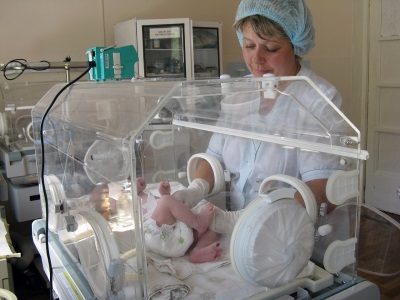
At the moment in Russia there are difficulties with the transport of premature babies and the introduction of innovations in remote areas. The problem is the lack of qualified personnel.
RASPM activities
The Association is engaged in the training of medical workers to solve the problems of perinatology, the main of which is the reduction of infant mortality. The organization develops and disseminates the knowledge and skills that any physician engaged in perinatal medicine should have. For this purpose, methodical recommendations are created and conferences are regularly held to train doctors.
Also, the RASPM holds a congress annually, at which doctors are introduced to new directions and developments in perinatology.
The role of parents in caring for premature
Mom's contact with a premature infant is extremely important for nursing babies. Immediately after giving birth, a crumb is spread on the mother's chest for the first tactile contact.
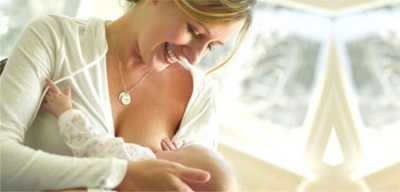
Great attention is paid to breastfeeding and preservation of lactation, although at first premature babies are fed parenterally and through a tube. In addition, while the baby is in the hospital, the mother is taught how to care for the baby, which she will use after discharge.
Help groups
In our country, in addition to the official perinatal centers and departments for the care of premature babies, there are aid groups that are created by caring active people. Often the creation of such groups is the responsibility of parents of premature babies, as happened with the St. Petersburg group Yarushka. She appeared in 2012 and has since been engaged in helping hospitals, orphanages and crisis centers, buying equipment and supplies for them that are used to care for premature babies, including abandoned babies.
Together, group members and sponsors buy inhalers, suction pumps, respiratory monitors, microscopy machines, pulse oximeters, and other equipment to medical institutions. For babies who were refused by mother, diapers, clothes, hygiene items and other necessary things are purchased.
